Back to Courses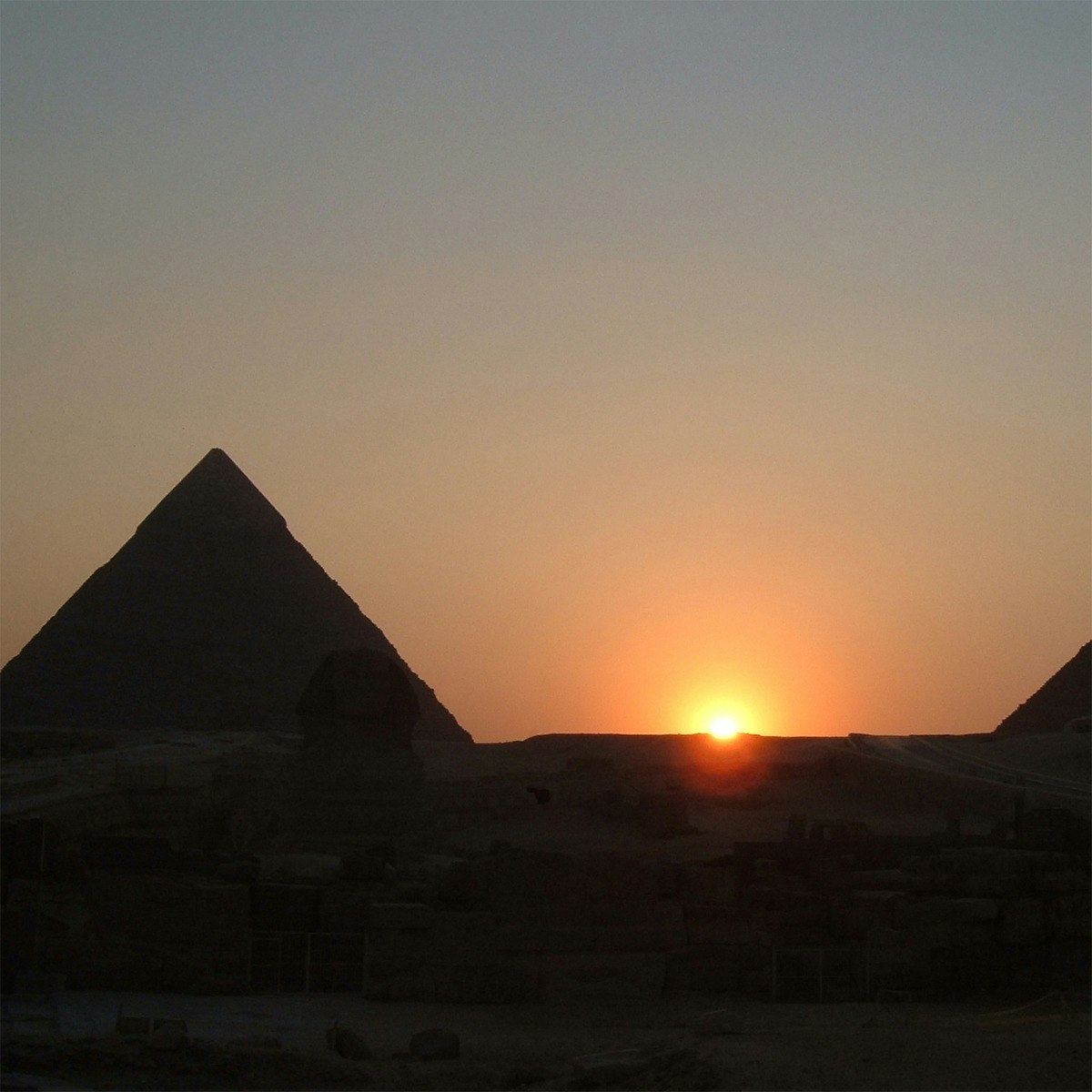
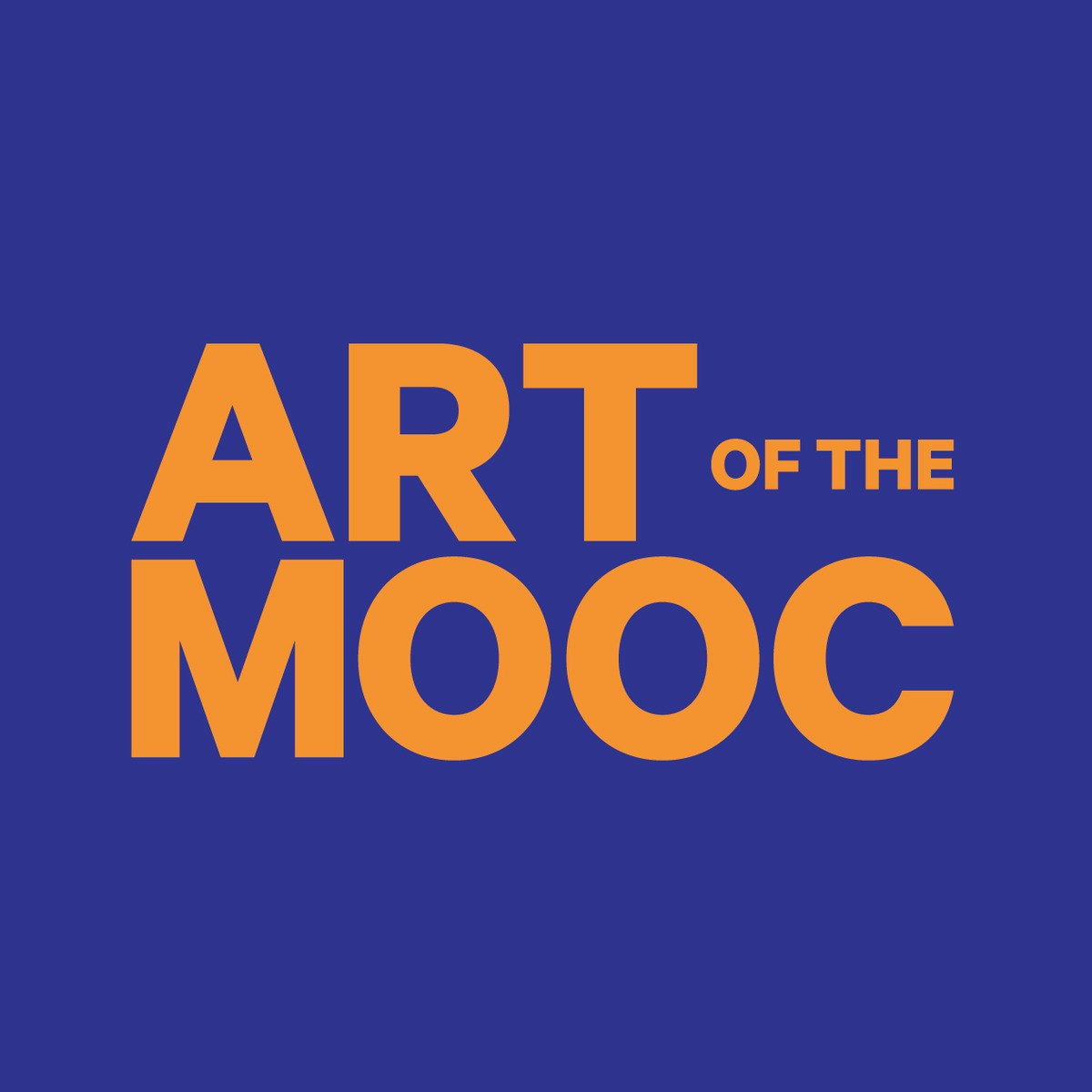


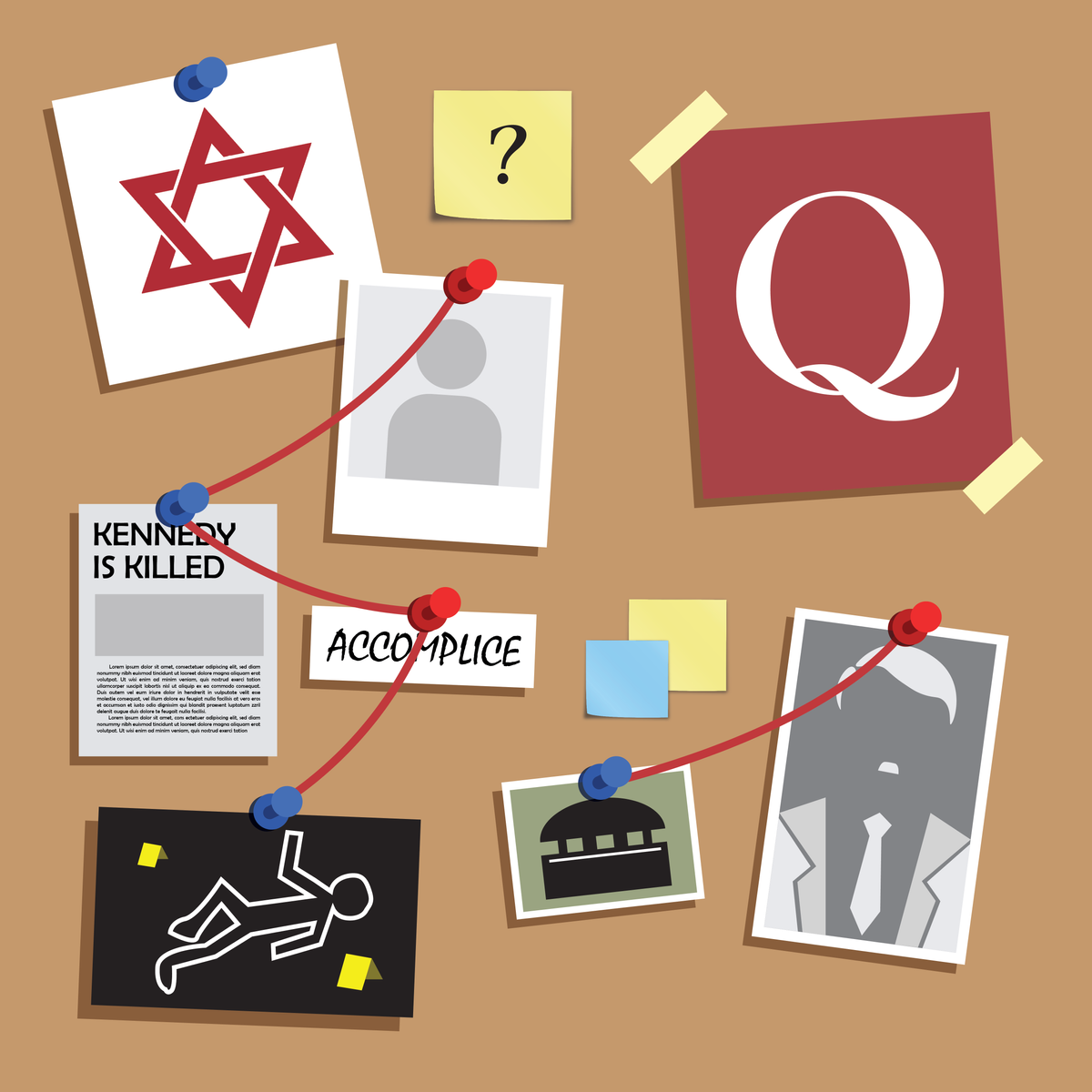
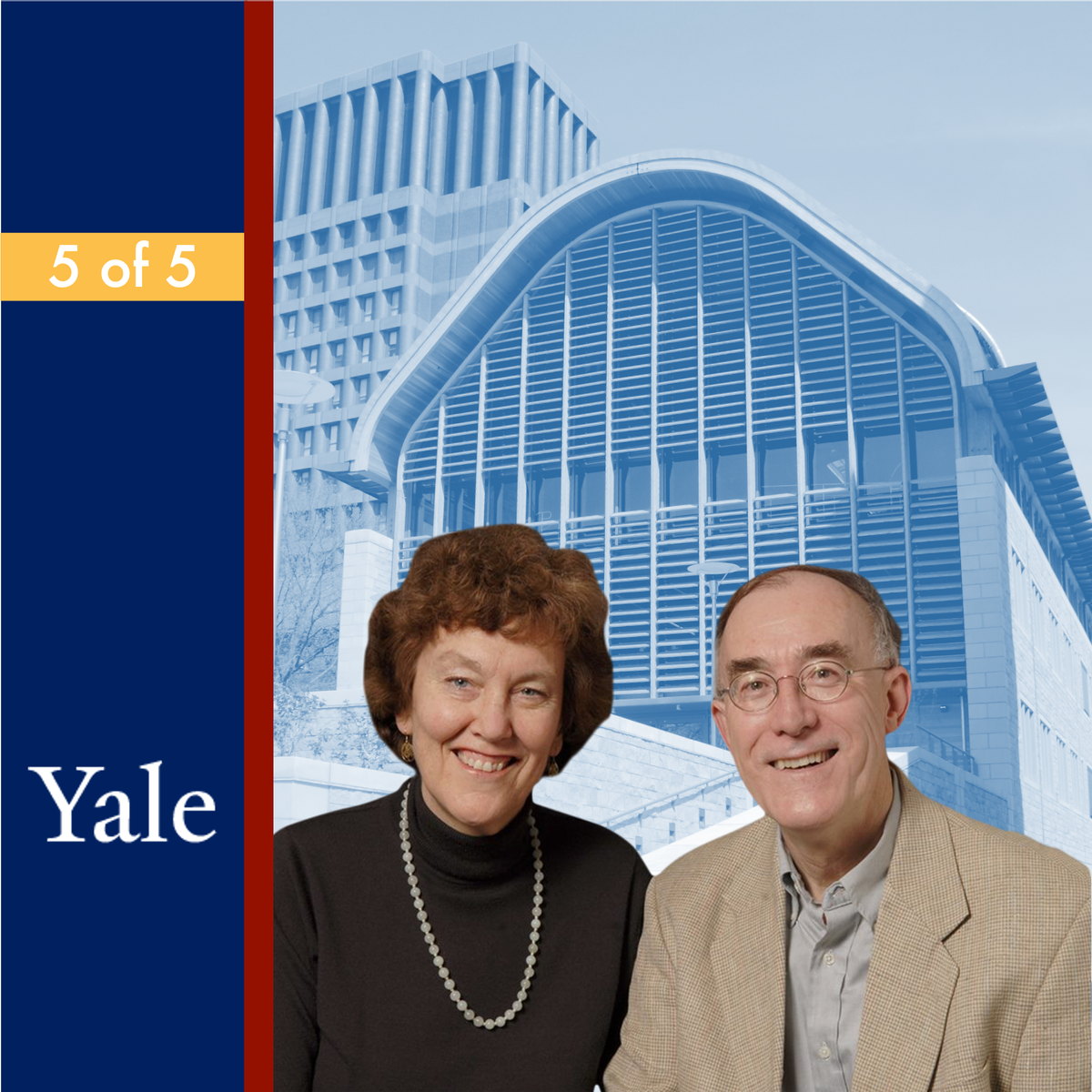
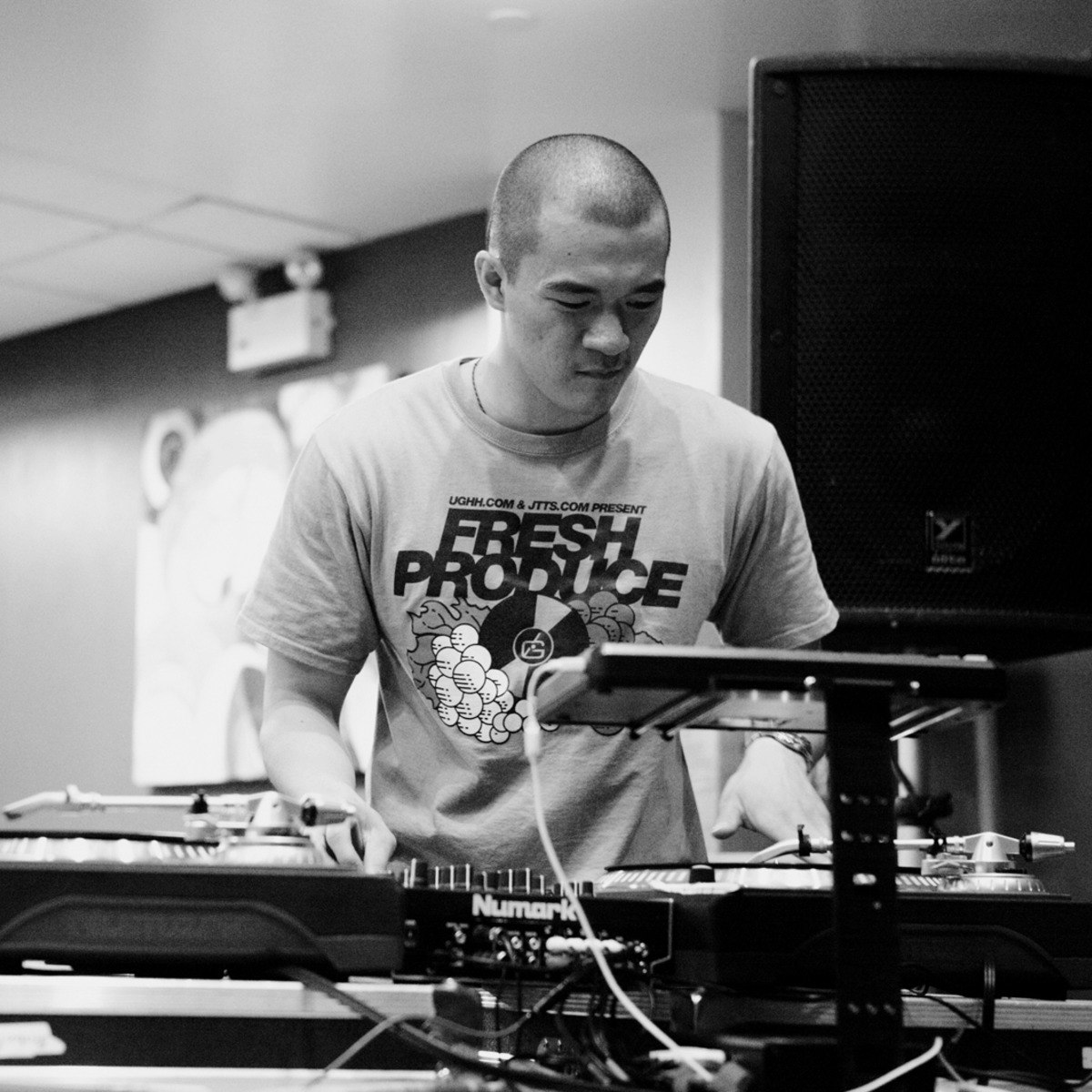
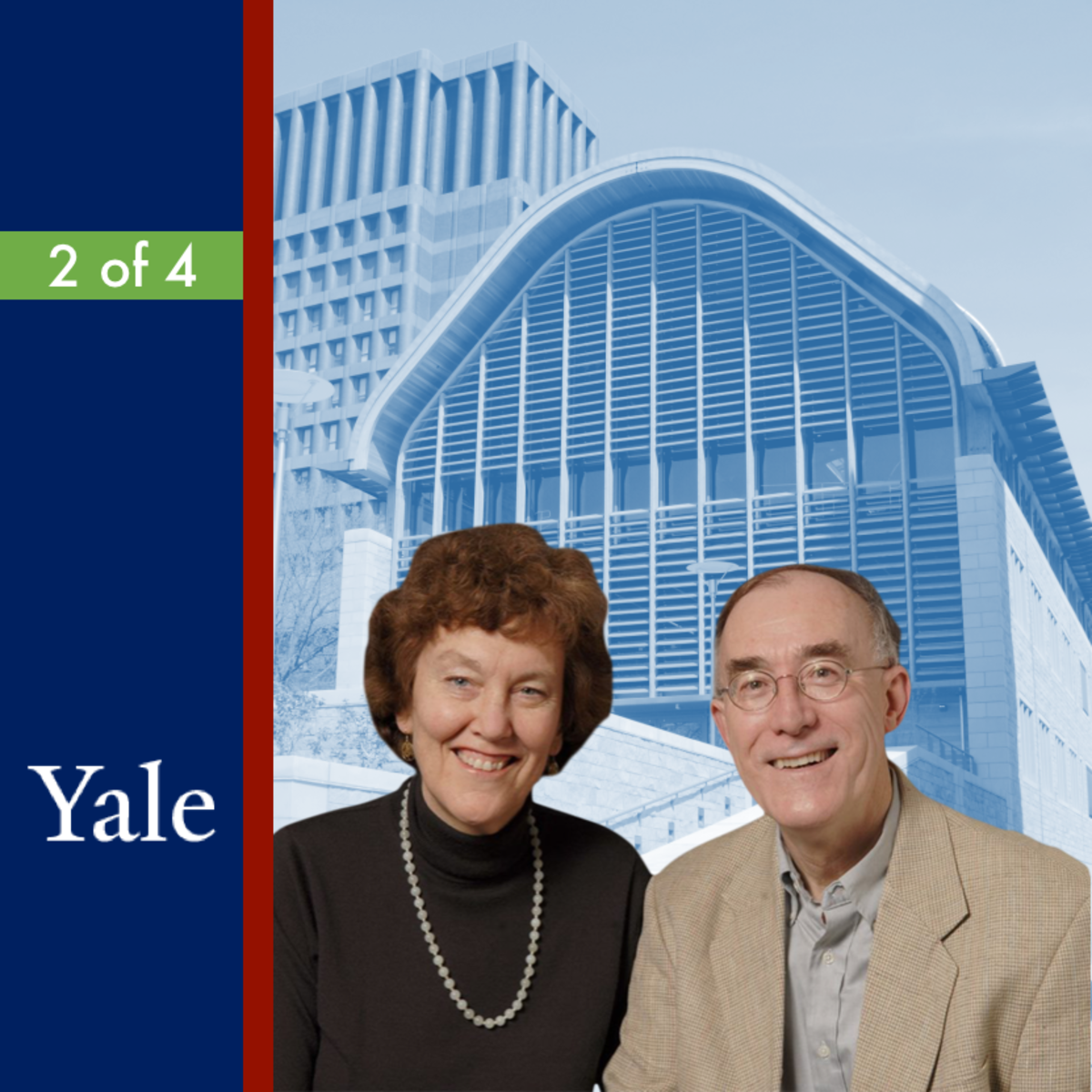
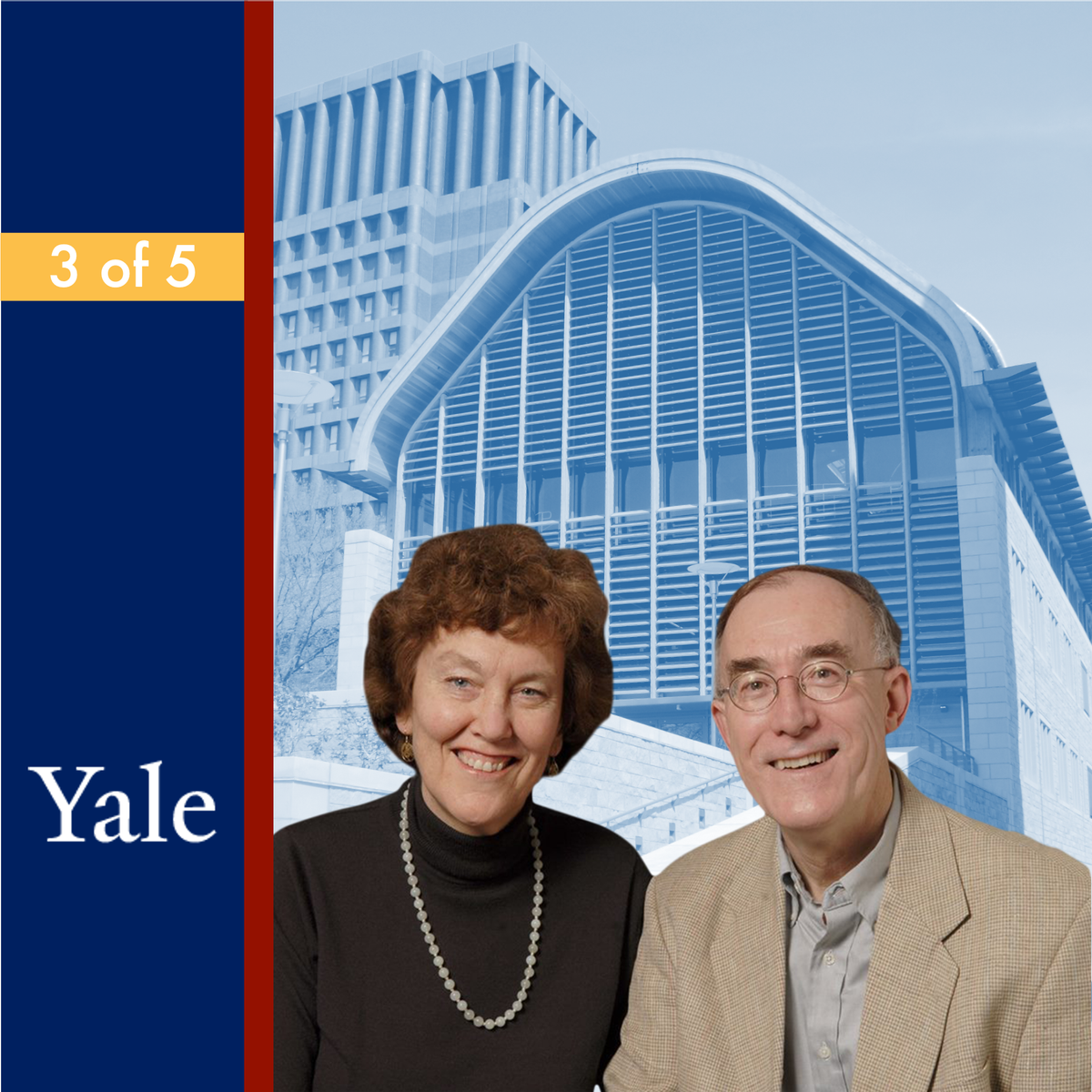

History Courses - Page 9
Showing results 81-90 of 168

Archaeoastronomy
Archaeoastronomy is the “science of stars and stones”. It is an interdisciplinary science in between architecture, archaeology, and astronomy. It studies the relationships between the ancient monuments and the sky, in order to gain a better understanding of the ideas of the architects of the past and of their religious and symbolic world. The course provides the first complete, easy introduction to this fascinating discipline.
During the course, many spectacular ancient sites of archaeology – such as Stonehenge in England, Giza and Karnak in Egypt, Chichen Itzá in the Yucatan, Macchu Picchu in Peru and the Pantheon in Rome – will be visited and the fascinating events occurring there in special days of the year (such as solstices, equinoxes, or the day of the foundation of Rome) will be shown and explained. The course also provides the necessary background on Astronomy with the naked eye and a general introduction to the role of Astronomy in religion and in the management of power among ancient cultures.

Art of the MOOC: Experiments with Sound
Students of this course may try their hand at their own sound interventions and musical compositions, or simply focus on learning more about diverse musical traditions, sonic experimentation, and acoustic phenomena in everyday life. Designed by artist and Duke professor, Pedro Lasch, and UdK composer Mathias Hinke, this course is also co-taught by scholar and musician Jace Clayton (DJ Rupture) and curator Candice Hopkins (Documenta 14). The lectures link major artistic developments of recent decades to wider ideas about sound in specific social and spatial contexts.
Also included are guest presentations from key thinkers and practitioners, like: Christopher DeLaurenti, Jen Delos Reyes, Tina Haver Currin, Quran Karriem, Christina Kubisch, Thomas Kusitzky, Scott Lindroth, Mark Anthony Neal, Bill Seaman, and John Supko. As the ‘ART of the MOOC’ title implies, learners and participants are encouraged to treat the MOOC itself as a public art medium. This happens mostly through the course’s optional practical components, local project productions, global exchanges, and critical feedback. While no prior sound production or musical experience is required, projects also offer challenging options for advanced learners.
For other course offerings or language versions in this series, just search 'ART of the MOOC' in the Coursera catalog.

Security & Safety Challenges in a Globalized World
Security and safety challenges rank among the most pressing issues of modern times. Challenges such as, cyber-crime, terrorism, and environmental disasters impact the lives of millions across the globe. These issues also rank high on the agenda of politicians, international organizations and businesses. They also feature prominently in the public conscience and in governmental policies.
In the current, interconnected world, security challenges are becoming increasingly complex. Facilitated by developments as globalization and the spread of networked and hyper-connected technologies, new safety and security challenges arise and impact local, national, regional and international levels, which dramatically increases their complexity and scale. As such, solutions to contemporary security challenges require a wide array of actors operating on multiple levels of governance.
The course will introduce you to the broad theme of security and safety in an increasingly complex world. Together we will search for answers to important questions: what is security and safety? How can we understand complex modern-day security and safety challenges? And how do we deal with such challenges? This course combines scholarly inquiry from multiple disciplines (ranging from terrorism studies, to crisis management, to medical science) with real-life cases to explore and understand complex modern-day safety and security challenges.

Privacy in the Western World
Welcome to this course about privacy,
We are thrilled to see that you are interested and will provide you with a comprehensive study of this intriguiging subject. We hope this course will enthuse you to look further into privacy and personal data regulation. Especially in the light of recent events it becomes more important to know about your (alleged!?) rights and freedoms.
After showing you a number of interesting examples of privacy in recent events, this course continues to provide you with an historic introduction, and varying cases and court decisions. It will guide you through the cultural and legal changes in perception of privacy over time. Sometimes with a more technological perspective. Notably, in the Western world differences have accumulated over time and the differences between the USA and Europe will be explained extensively in the follow-up courses.
Through video lectures and quizzes we endeavor to build a solid foundation for you to construct a well-founded opinion on privacy. Last but not least we sincerely hope you enjoy the course!
Prof.mr.dr. Jan Smits

Conspiracy Planet
This course is for anyone interested in conspiracy theories. Millions of people around the world believe in conspiracy theories like The Protocols of the Elders of Zion, or that AIDS was deliberately created by governments and pharmaceutical companies, or that on September 11, 2001, the World Trade Center complex was downed not by airplanes, but by a “controlled demolition” masterminded by the United States national security state.
What are we to make of these claims? What do they say about our societies? How do they impact history, or reflect larger historical trends? How do we understand the context of these ideas? And how do we understand them in relation to objectively confirmed conspiracies, of which there are at least as many? How do we know when a conspiracy has really happened, and cannot simply be dismissed as a ‘theory’? We will grapple with these questions together through short videos, quizzes that will help you check your understanding of the material, discussion, and a final project in which you will create your own conspiracy theory.

Western Religions & Ecology
At first glance the fields of religion and ecology may seem and unlikely pairing, but a deeper consideration reveals the two have a great deal to contribute to one another and are indeed inextricably linked. Religions recognize the unity and interdependence of humans with nature. Ecological sciences affirm this deep interconnection with the natural world. This partnership can inspire work for the wellbeing of the Earth community
There is a need for broader literacy and deeper knowledge of the world’s religions and their ecological contributions. This specialization, "Religions and Ecology: Restoring the Earth Community", contributes such a perspective. Each course celebrates the vitality of religiously-informed action for the Earth and recognizes the longstanding contributions of Indigenous peoples in offering visions and practices for ecological flourishing.
This course is part 5 of 5 of the "Religions and Ecology: Restoring the Earth Community" specialization that focuses on the ecological dimensions of religious traditions throughout the world.
The course you are about to begin is designed as a gateway to these aspects of the three Western religions of Judaism, Christianity, and Islam. So much has emerged in the last several decades in this area, as you will see. While we have taught this course at Yale, we have adapted it for learners from a wide range of backgrounds.
This course is for lifelong learners curious to know more about world religions and ecology, environmental professionals eager to deepen the discourse of environmental protection and conservation, those working with non-profit organizations and NGOs on issues of ecological justice, and religion leaders and laity who wish to know how they can contribute to interreligious dialogue on environmental projects.

Creativity And Entrepreneurship
Creativity & Entrepreneurship will help you tap into your inner creativity and learn how to leverage it for career development or business innovation.
Presented by Berklee Institute for Creative Entrepreneurship founder Panos Panay, this course features interviews with world renown entrepreneurs, innovators, songwriters, producers, creative directors, educators, performers, visual artists and chefs as they discuss parallels between the creative and entrepreneurial journeys.
The course approaches entrepreneurship as a creative process, a fundamental human instinct that we all possess and can unlock. Creativity & Entrepreneurship applies concepts from the creative and musical creation process, such as observing, prototyping, iterating and embracing failure, as a means of guiding you through the concept of thinking like a startup. You will develop the basic mindset, knowledge, and insights required to pursue an entrepreneurial career, whether as the steward of your own career or as the founder of a new business in any field.
Creativity & Entrepreneurship is about the side of entrepreneurship you won’t learn at a business school but, instead, in the music studio.
What you'll learn:
How to approach your career or startup as if learning a musical instrument
Why entrepreneurship, like creativity, is something we all possess
How to apply “the musician mindset” as means to collaboration and creative problem solving
Why songwriting is a perfect parallel to career and product development
Why there’s more to entrepreneurship than business plans and spreadsheets much like there’s more to music than scales and lead sheets

Journey Conversations: Weaving Knowledge and Action
Journey of the Universe weaves together the discoveries of the evolutionary sciences together with humanities such as history, philosophy, art, and religion. This course draws on the Journey of the Universe Conversations, a series of 20 interviews with scientists and environmentalists. The first 10 interviews are with scientists and historians who deepen our understanding of the evolutionary process of universe, Earth, and humans. The second 10 interviews are with environmentalists, teachers, and artists who explore the connections between the universe story and the practices for a flourishing Earth community.

South Asian Religions & Ecology
At first glance the fields of religion and ecology may seem and unlikely pairing, but a deeper consideration reveals the two have a great deal to contribute to one another and are indeed inextricably linked. Religions recognize the unity and interdependence of humans with nature. Ecological sciences affirm this deep interconnection with the natural world. This partnership can inspire work for the wellbeing of the Earth community
There is a need for broader literacy and deeper knowledge of the world’s religions and their ecological contributions. This specialization, "Religions and Ecology: Restoring the Earth Community", contributes such a perspective. Each course celebrates the vitality of religiously-informed action for the Earth and recognizes the longstanding contributions of Indigenous peoples in offering visions and practices for ecological flourishing.
This course is part 3 of 5 of the "Religions and Ecology: Restoring the Earth Community" specialization that focuses on the ecological dimensions of religious traditions throughout the world.
The course you are about to begin is designed as a gateway to these aspects of the South Asian religions, philosophies, and practices of Hinduism, Jainism, Yoga, Buddhism, Sikhism, and Baha’i Faith. So much has emerged in the last several decades in this area, as you will see. While we have taught this course at Yale, we have adapted it for learners from a wide range of backgrounds.
This course is for lifelong learners curious to know more about world religions and ecology, environmental professionals eager to deepen the discourse of environmental protection and conservation, those working with non-profit organizations and NGOs on issues of ecological justice, and religion leaders and laity who wish to know how they can contribute to interreligious dialogue on environmental projects.

Approaching Music Theory: Melodic Forms and Simple Harmony
This course is about how music works. It is about the relationship between the technical and aesthetic details of music. It is also about how developing a meaningful theoretical vocabulary can help you think and talk about musical style, and how learning that vocabulary can expand your appreciation for music.
In this course you will learn music theory not by looking at theory itself, but by listening to, looking at, and—yes!—writing your own musical examples. By hearing, seeing, and writing yourself, you will learn about classical, modern, ancient, pop, jazz, and folk styles.
Through lectures, relevant examples, and numerous practice assignments, we will examine fundamental aspects of melody. We will move into working with two voices and counterpoint, and finally to three voices and the beginnings of harmonic function.
This is an intermediate-level course for musicians and composers who already have some understanding of music theory through previous study. If you are a musician or composer looking to build a deeper understanding of music theory for composing, performing, or improvisation, you have come to the right place. If you are an amateur lover of music or, perhaps, play a musical instrument and want to develop a deeper sense of appreciation for music theory, aesthetics, and history, you are also in the right place!
Popular Internships and Jobs by Categories
Find Jobs & Internships
Browse
© 2024 BoostGrad | All rights reserved